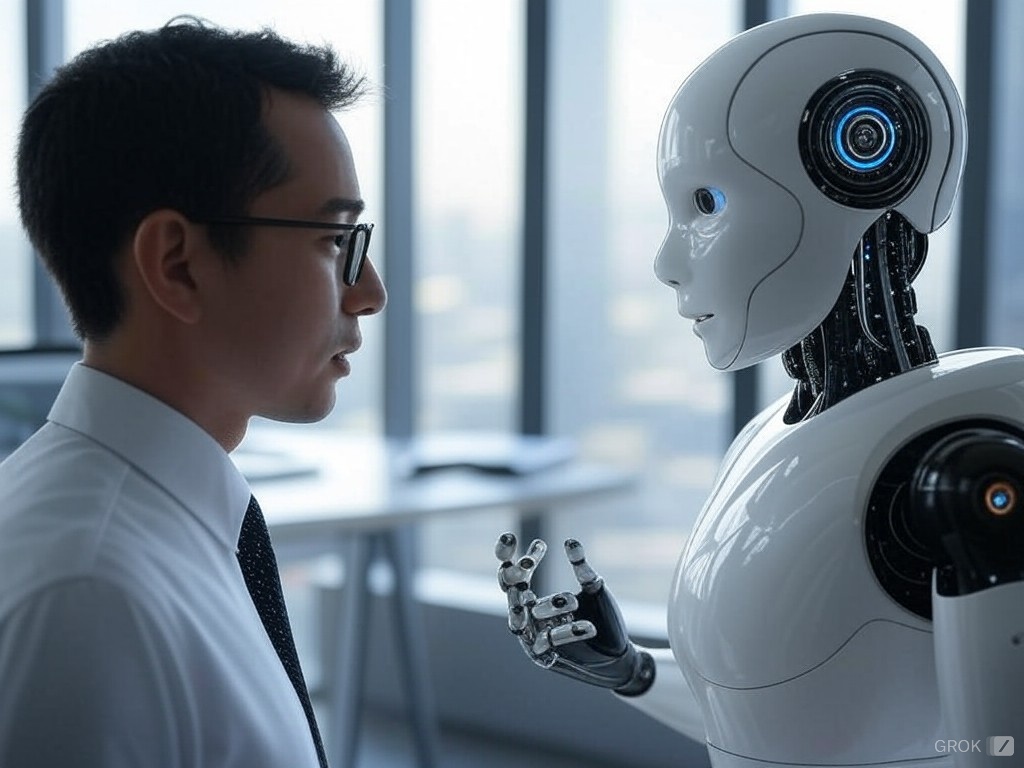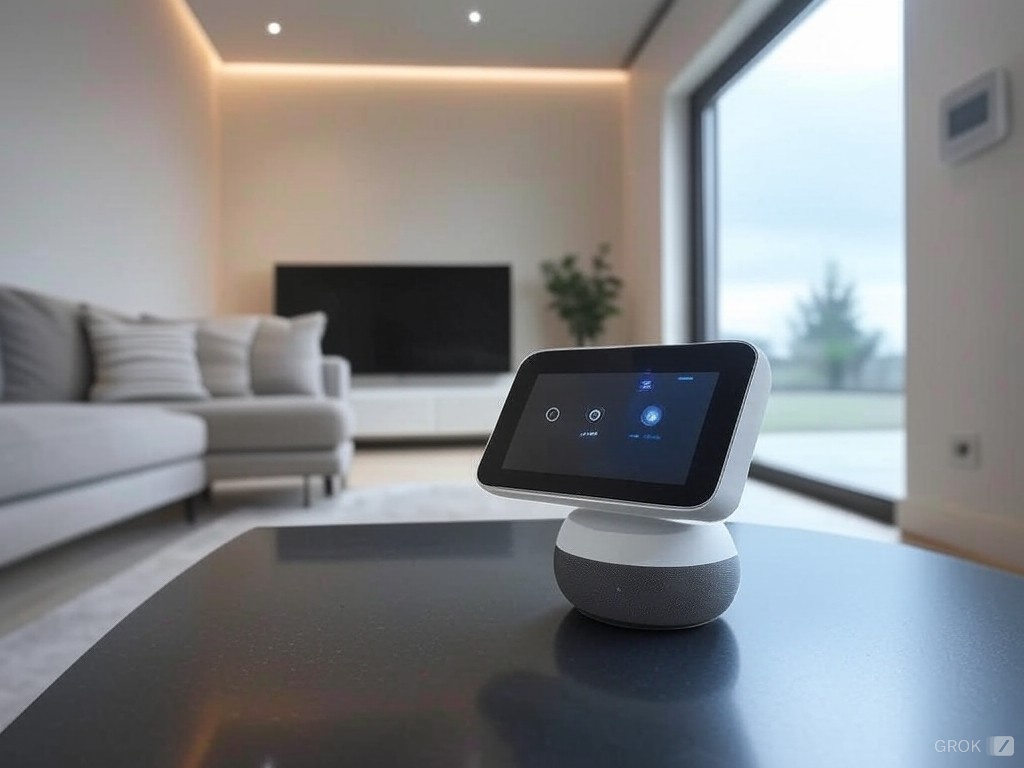Artificial Intelligence (AI) has become a driving force behind technological advancement, transforming how we interact with devices and systems in our daily lives. From smartphones to smart homes, AI is reshaping our digital world in fascinating ways.
How AI is Changing Daily Technology
Our everyday devices are becoming smarter thanks to AI integration. Smartphones now predict our needs, offering personalized recommendations and automating routine tasks. Smart home systems learn our preferences, adjusting temperature and lighting based on our patterns. Even our email systems have become more intelligent, filtering spam and organizing messages with increasing accuracy.
The Evolution of Machine Learning
Machine learning, a key component of AI, has made significant progress. Modern systems can now:
- Learn from user behavior
- Adapt to changing conditions
- Improve performance over time
- Recognize patterns in complex data
- Make predictions based on historical information
AI in Communication Technology
Communication has been revolutionized by AI-powered translation services, voice assistants, and predictive text. These technologies break down language barriers and make digital interaction more natural and efficient. Voice recognition has become remarkably accurate, changing how we interact with our devices.
Impact on Data Processing
The way we handle data has transformed dramatically. AI systems can now:
- Process massive amounts of information quickly
- Identify important patterns and trends
- Generate insights from complex datasets
- Automate data organization
- Improve decision-making processes
The Future of AI Technology
Looking ahead, we can expect AI to become even more integrated into our daily lives. Emerging trends include:
- More sophisticated personal assistants
- Advanced autonomous systems
- Improved healthcare diagnostics
- Enhanced cybersecurity
- Smarter environmental management
Benefits and Challenges
While AI brings numerous advantages, it also presents challenges:
Benefits:
- Increased efficiency
- Better decision-making
- Enhanced personalization
- Improved safety systems
- Time-saving automation
Challenges:
- Privacy concerns
- Data security
- Ethical considerations
- Need for human oversight
- Technical limitations
Conclusion
The integration of AI into modern technology continues to accelerate, bringing both opportunities and responsibilities. As these systems become more sophisticated, understanding their impact becomes increasingly important for everyone who uses technology in their daily lives.


